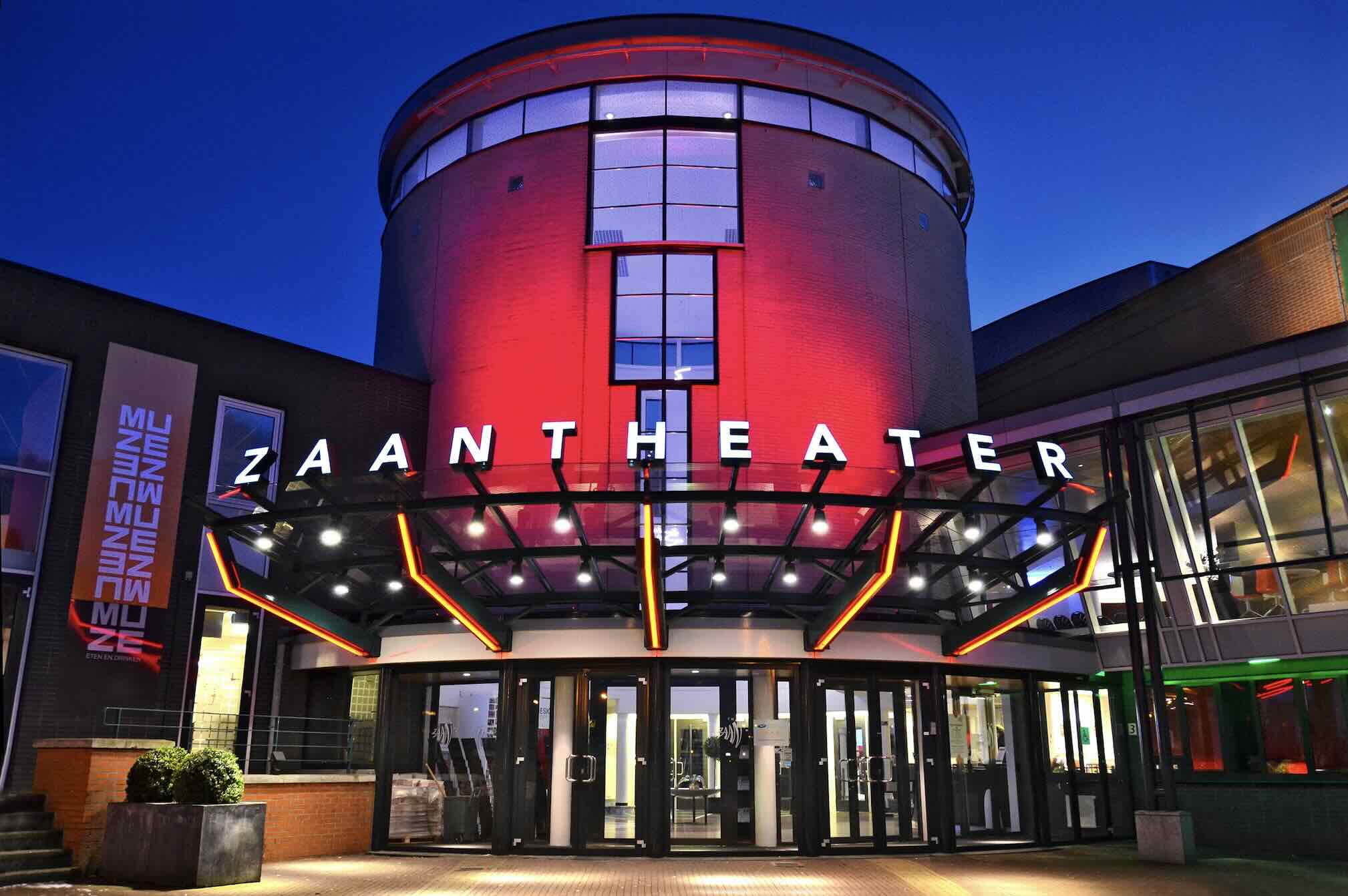The start of the season: For those working in a cultural venue or theater, it’s either an annual highlight — or an annual stress test. It’s the moment when the cultural year is first unveiled to the public and ticket sales kick off. The one day when months of programming, communication, and technical preparation come together How do you prepare? What are the pitfalls? And what extras make the difference for your audience?
We spoke with Zoë Clinckspoor, ticketing expert at ticketmatic and former cultural center staff member. She knows the ropes — both from the cockpit of the ticketing system and from the floor of the cultural house.
The impact of that one moment
When audiences enter the hall in September for a new cultural season, it hasn’t been a fresh start for the organization in a long time. Behind the scenes, the season begins months earlier, with the first major milestone: the launch of ticket sales.
“For many clients, we see that peak time falls between late February and early June,” says Zoë. “In Flanders, May and June are classic sales months. But with classical music organizations in the Netherlands, for example, that sometimes happens as early as February.”
That sales moment is crucial for many venues. According to Zoë, it can easily account for half of annual ticket sales — often even more: “I think many of our clients go well beyond 50%, especially with popular shows.”
A well-managed season launch not only drives solid revenue, it also delivers valuable insights. Which productions are in demand? Where should marketing efforts be focused? How is the audience composed? With this knowledge, organizations can make highly targeted adjustments.
How to anticipate
The foundation of a successful season launch lies in preparation — and that begins long before events are entered into the system.
“In my experience, a fixed workflow works best,” explains Zoë. “First, the programmers put the program together. Then the dates, prices, and any agreements must be finalized. Only after that can it be scheduled in a planning system, and then we can start working with ticketmatic.”
As a ticketing manager, you need a program that is both complete and correct: fixed dates, prices, agreements, and any exceptions. Think of different seating arrangements, co-productions, or agreements on rights and royalties. Only when that puzzle is in place can you start a solid preparation. From there, the process runs as follows:
Extra formulas, or just none
For many cultural houses, the season launch is about more than selling single tickets. By activating formulas at that moment — such as subscriptions, friend passes, or packages — you can both reward loyal customers and attract new ones.
“In the Netherlands, they often talk about ‘series’, in Flanders about ‘subscriptions’. And there are countless ways to shape them: with or without discounts, with priority access for friends, or with extras like a drink or a backstage tour.”
One creative example comes from CC De Bogaard: “You pay a fixed fee and can attend as many shows as you want. At the start of the season, you choose the ones you definitely want to see, and you can book the rest as long as there’s space. That works surprisingly well, because it makes people more likely to try something new.”
But it doesn’t always have to be complex. Some houses deliberately keep things simple. Zoë: “CC De Borre, for instance, very consciously avoids subscriptions or extra formulas. They focus on clarity: just single sales, the same price for everyone, and that’s it. And it works brilliantly for them.”
Presentation moments can also add value to a season launch. “If you present a performance live — with visuals or a speaker — you encourage people to book shows they might otherwise skip.”
In short: you don’t have to do everything. But the start of the season is the moment to make conscious choices. Do you want to attract people with added benefits, or win them over with simplicity? As long as it’s clear to your audience, it works.
Classic missteps unmasked
According to Zoë, the difference between a stressful and a smooth season launch often comes down to details that could have been resolved earlier. She points out a few common pitfalls:
- Last-minute changes to seating plans or price types, preventing events from being entered on time
- Incorrect subscription links, especially when old price types are reused for new events
- Poor communication with web developers, resulting in broken sales links or a website unable to handle peak traffic
- No clear internal planning, doubling the workload for ticketing and marketing teams
All of these mistakes are entirely avoidable — as long as you recognize them and anticipate them in time. Keep these classic stumbling blocks in mind during preparation. They may seem minor, but they often have a big impact on calm and confidence when sales go live.
Conclusions
A start to the season doesn't have to be a nerve-wracking moment. The difference lies in preparation, structure and communication.
If everything is set up properly, you don’t need to do anything extra when online sales go live — you can simply sit back and watch the orders roll in.
-- Zoe Clinckspoor
--- Ticketing Expert, ticketmatic
In addition, it helps to start early, provide your ticketing partner with enough context, and double-check everything technically. This way, you create room to respond to sold-out shows on the day itself or to handle manual actions such as enabling a waiting list. Technical settings also deserve extra attention at that moment: check whether transaction fees, shipping methods, and payment options (such as Bancontact or credit card) are functioning correctly. Small mistakes in this final step can quickly lead to audience frustration.
A strong start to the season brings peace of mind to your organization, insight into your audience, and a powerful first wave of sales. And that’s exactly what you need to launch your cultural season on the right foot.
Download: The season launch checklist
Download the season launch checklist for:
- Peace of mind & overview — no last-minute stress, just clear structure and planning.
- A strong sales kick-off — more tickets sold in the first wave, happier customers.
- Fewer errors — correct prices, links and settings ensure a flawless flow.
- Better collaboration — clear agreements with ticketing partners and web builders.
- Valuable insights — a clear picture of audience interest and marketing opportunities.
- A happy audience — a smooth online experience without frustration or glitches.







.png)

